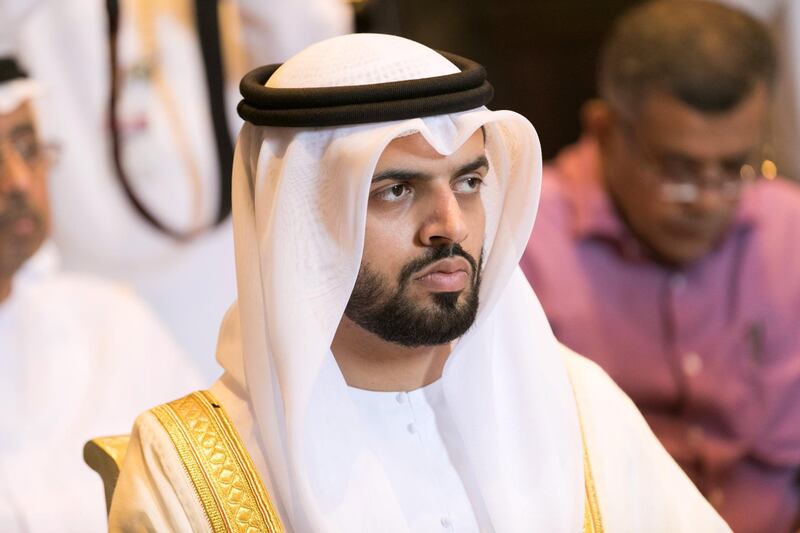The UAE is home to more than nine million people from 200 nations, many of whom are Muslims who don’t speak Arabic.
Until now, their full engagement with the Friday sermon and the fellowship of the mosque has been hampered by an inability to understand all that is being said.
Now that barrier has been swept away. The decision by the General Authority of Islamic Affairs and Endowments (Awqaf) to make the Friday sermon available in English and Urdu on its free app will be welcomed by all those living and working here far from their homes.
Hearing the words of the sermon in their own tongue will help to foster a greater sense of belonging in their adoptive home and strengthen the bonds of the broader Islamic community in the UAE.
The app, through which e-fatwa guidance can be sought, also offers direct access to spiritual leadership and follows the launch in July of a Fatwa Council, offering a touchstone and unified message for those seeking spiritual guidance.
In addition, the translations are a unique opportunity for non-Muslims to reach a better understanding of a faith frequently misunderstood and misrepresented through ignorance.
The National has always carried an English summary of the Friday sermon. Readers often tell us that this, in the words of one recent correspondent, has "immense value for all non-Arabic speaking Muslims".
Now they will be able to hear – and understand – every word of the sermon through their phones, and at no cost.
The Awqaf initiative is yet another example of the imaginative use of technology by Islamic scholars and a younger generation of spiritual leaders.
Today’s sermon, available in advance through the app and Awqaf website, begins with a Quranic verse praising those who seek guidance and knowledge by the pen, which “taught man that which he knew not”, an apt message to those returning to school at the start of the academic year.
From word of mouth to the digital app. Some 1,400 years later, it is the turn of technology to spread the message, adapt to a new audience in inventive ways and unite people in a common faith.





